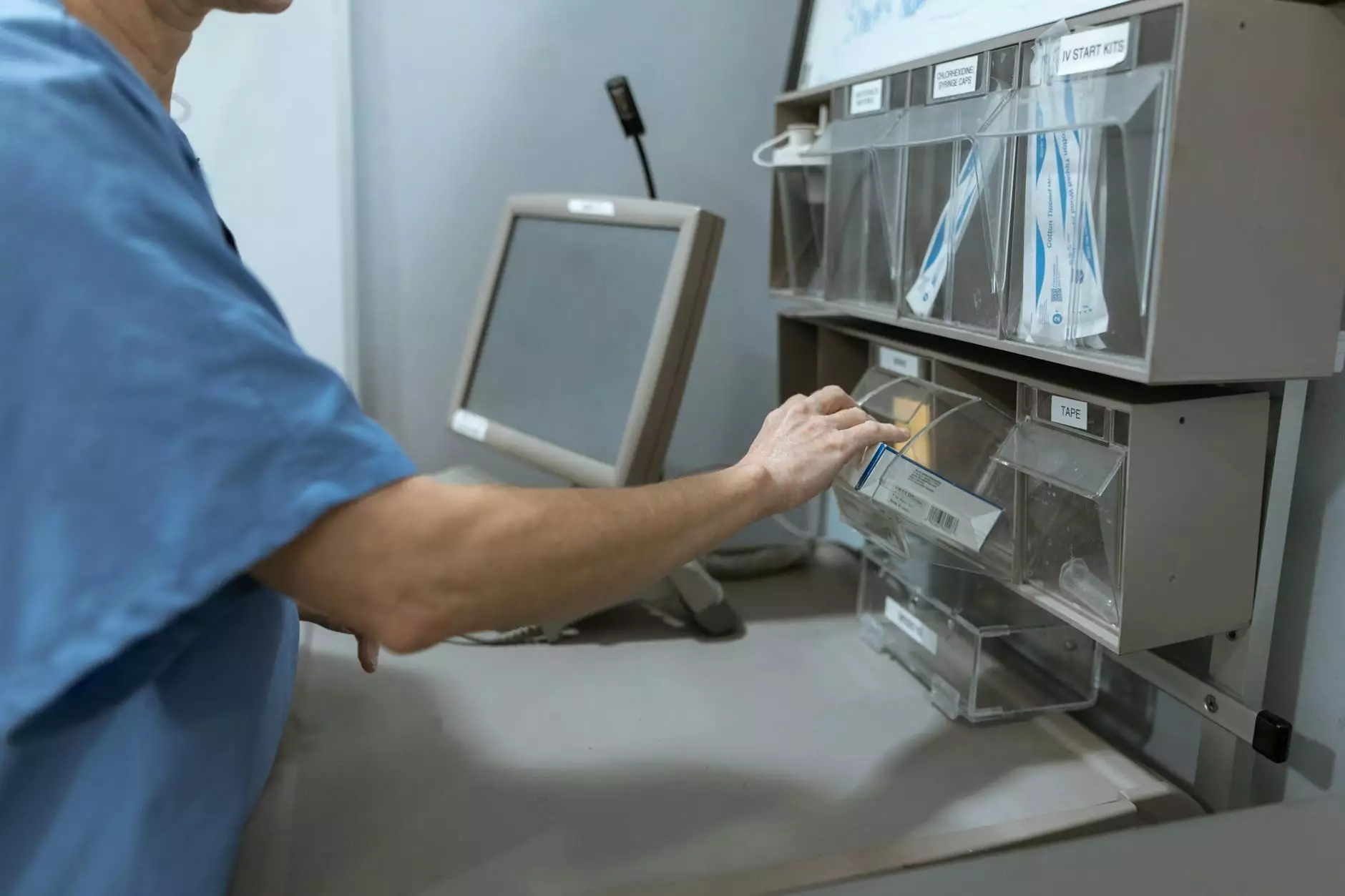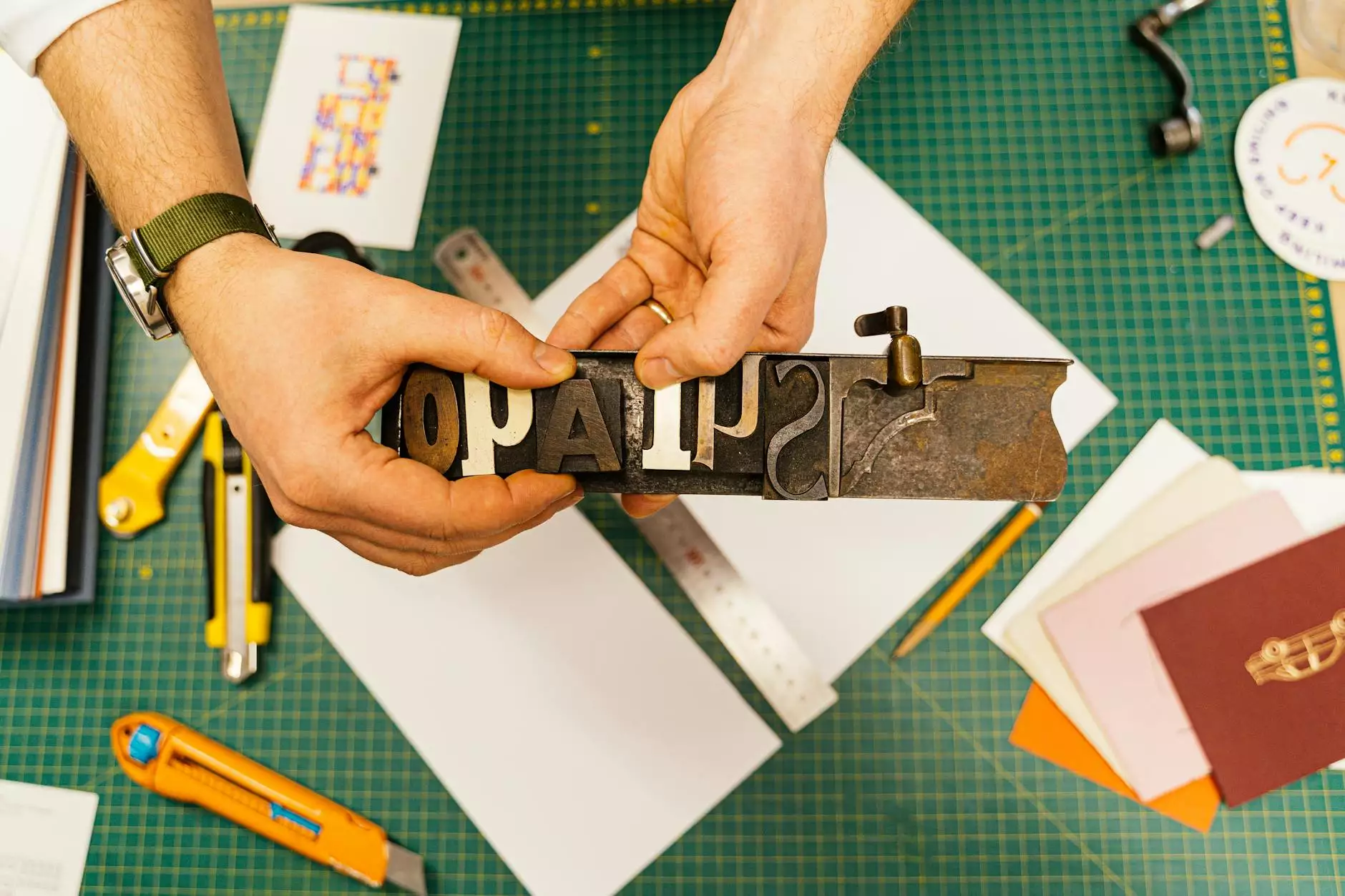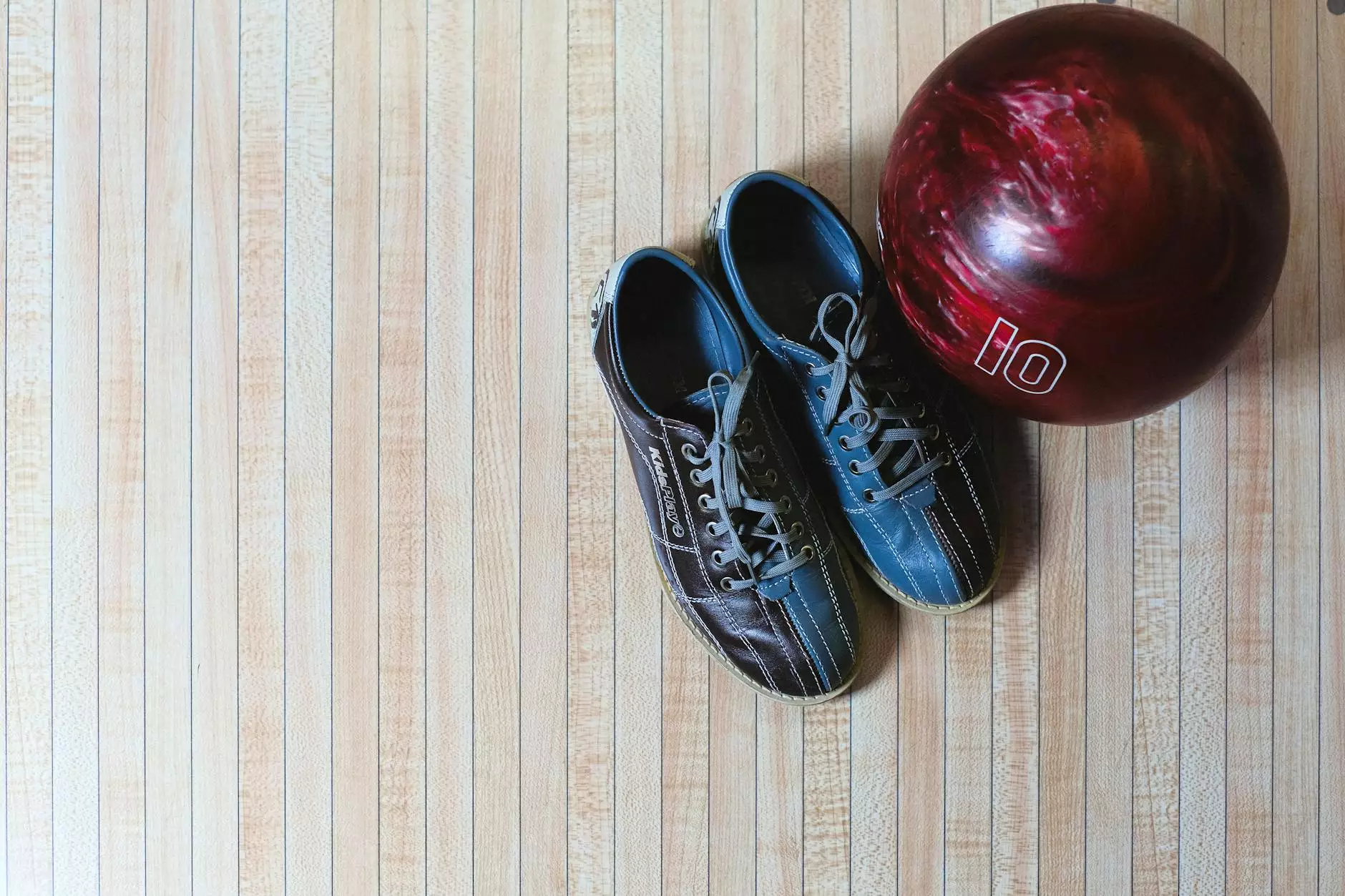Custom Hydraulic Hose Fittings: A Comprehensive Guide

In the realm of hydraulic systems, the importance of custom hydraulic hose fittings cannot be overstated. These specialized components are crucial for ensuring that fluid transfer systems operate efficiently and effectively. In this article, we will explore everything you need to know about custom hydraulic hose fittings, including their types, benefits, and applications, helping you make informed decisions for your hydraulic needs.
Understanding Hydraulic Hose Fittings
Hydraulic hose fittings are integral components that connect hoses to pumps, valves, cylinders, and other equipment. The function of these fittings is to create a tight seal that prevents leaks while allowing high-pressure fluid flow. Custom hydraulic hose fittings cater to specific needs, accommodating unique system requirements and environmental factors.
What Makes Custom Hydraulic Hose Fittings Important?
With the diversity of hydraulic systems used across various industries, customization plays a pivotal role. Here are some reasons why custom hydraulic hose fittings are essential:
- Specific Fit: Customized fittings ensure that they perfectly fit your hydraulic hoses and connectors, minimizing the risk of leaks and enhancing system integrity.
- Enhanced Performance: By using custom fittings, you can optimize fluid flow and improve the overall efficiency of your hydraulic systems.
- Durability: Custom fittings can be designed using robust materials tailored to withstand specific environmental conditions, such as extreme temperatures, pressures, and fluid types.
- Designed for Unique Applications: Every hydraulic system is different, and custom fittings can be tailored to meet the unique demands of your machinery, ensuring compatibility and performance.
Types of Custom Hydraulic Hose Fittings
There are several types of custom hydraulic hose fittings available, each designed for specific applications and needs. The most common types include:
1. Threaded Fittings
Threaded fittings feature male and female threads and are used to connect hoses to other hose ends or equipment. They can come in various thread types, including:
- NPT (National Pipe Thread): Commonly used in North America, suitable for pressure systems.
- BSP (British Standard Pipe): Used in Europe and commonly found in hydraulic applications.
- JIC (Joint Industry Council): Ideal for high-pressure applications, featuring a 37-degree flare.
2. Push-On Fittings
Push-on fittings are designed for easier assembly and disassembly, making them ideal for low-pressure applications. They do not require clamps, ensuring quicker installation.
3. Crimp Fittings
Crimp fittings are widely used in high-pressure hydraulic systems. These fittings are secured using a crimping tool, providing a strong and leak-proof bond between the hose and fitting.
4. Flare Fittings
Flare fittings are versatile components often used in high-pressure applications. They feature a flare connection that creates a strong seal, perfect for hydraulic systems.
Benefits of Custom Hydraulic Hose Fittings
Utilizing custom hydraulic hose fittings offers numerous advantages that can lead to improved system performance and reliability. Here are some key benefits:
1. Improved Safety
Custom fittings provide a secure connection that minimizes the risk of leaks, which could pose safety hazards in a hydraulic system. This attention to safety prevents accidents and equipment failures.
2. Cost Efficiency
While custom fittings may require an upfront investment, they can save you money in the long run by reducing downtime and maintenance costs associated with leaks and malfunctions.
3. Enhanced System Customization
Working with custom fittings allows you to design your hydraulic system tailored to your operational requirements. This ensures that every component works harmoniously.
Choosing the Right Custom Hydraulic Hose Fittings
Selecting the correct custom hydraulic hose fittings for your needs involves considering several factors:
- Application Requirements: Identify the specific conditions under which the fittings will operate, including temperature, pressure, and fluid type.
- Material Selection: Choose materials that are compatible with the fluids being used, such as steel, stainless steel, brass, or aluminum.
- Size and Compatibility: Ensure that the fittings match the diameter of your hoses and the connection ports of your machinery.
- Manufacturer Reputation: Invest in fittings from reputable manufacturers who prioritize quality and offer a warranty on their products.
Where to Buy Custom Hydraulic Hose Fittings
Finding the right source for custom hydraulic hose fittings is crucial. Here are some tips for sourcing quality fittings:
1. Trusted Suppliers
Look for suppliers like fitsch.cn, which specialize in hydraulic components and have a track record of providing high-quality products. A trusted supplier will offer a range of customization options to meet your specifications.
2. Online Marketplaces
Consider exploring online platforms that focus on hydraulic components. These marketplaces often provide customer reviews, allowing you to gauge product quality and supplier reliability.
3. Local Distributors
Local distributors can provide personalized service and quicker turnaround times for your fittings. They are often familiar with the regional demands and can offer tailored solutions.
The Future of Custom Hydraulic Hose Fittings
With the advancements in technology, the future of custom hydraulic hose fittings looks promising. Emerging trends include:
- Smart Fittings: Integration of technology in fittings that monitor pressure and temperature, providing real-time data for maintenance.
- Sustainability: Growing demand for eco-friendly materials and manufacturing processes, making fittings more environmentally friendly.
- 3D Printing: Innovations in manufacturing processes that allow for rapid prototyping and production of custom fittings.
Conclusion
In conclusion, custom hydraulic hose fittings play an essential role in the efficiency and reliability of hydraulic systems. By understanding the different types, benefits, and how to choose the right fittings, you can optimize your hydraulic applications and ensure long-lasting performance. Investing in quality custom fittings from reputable suppliers like fitsch.cn will undoubtedly enhance the reliability of your systems and contribute to operational success.








